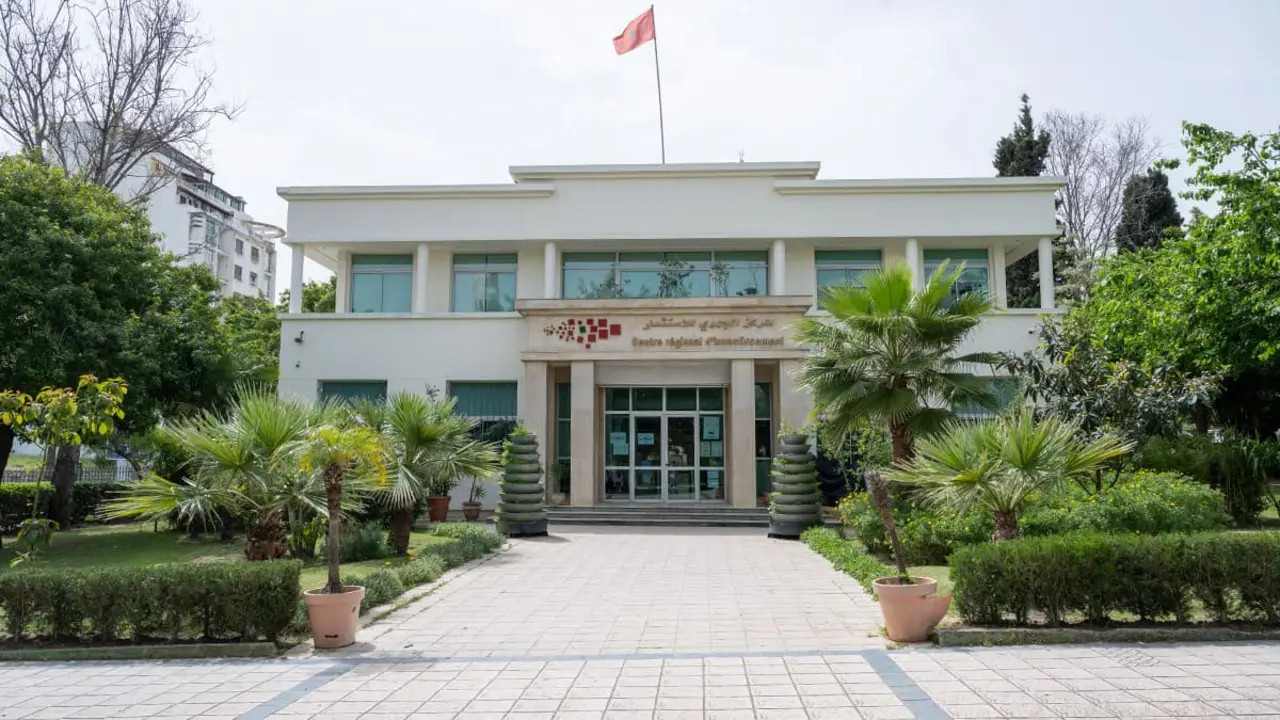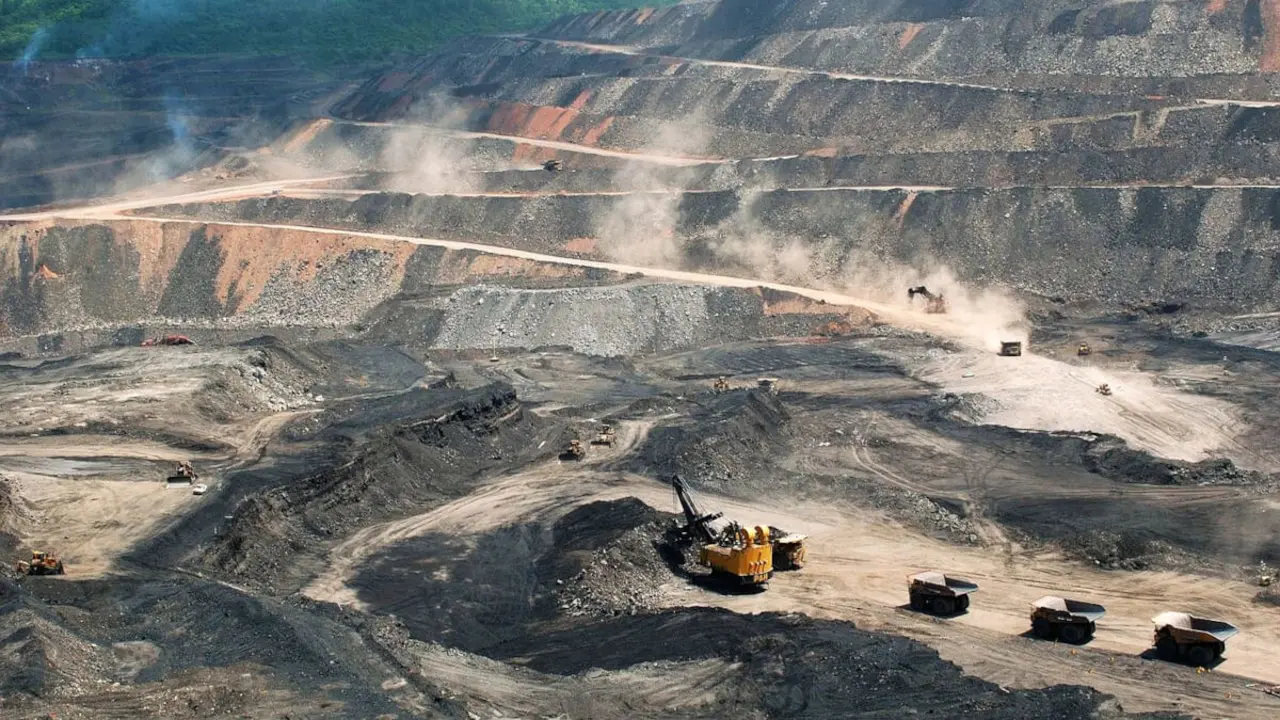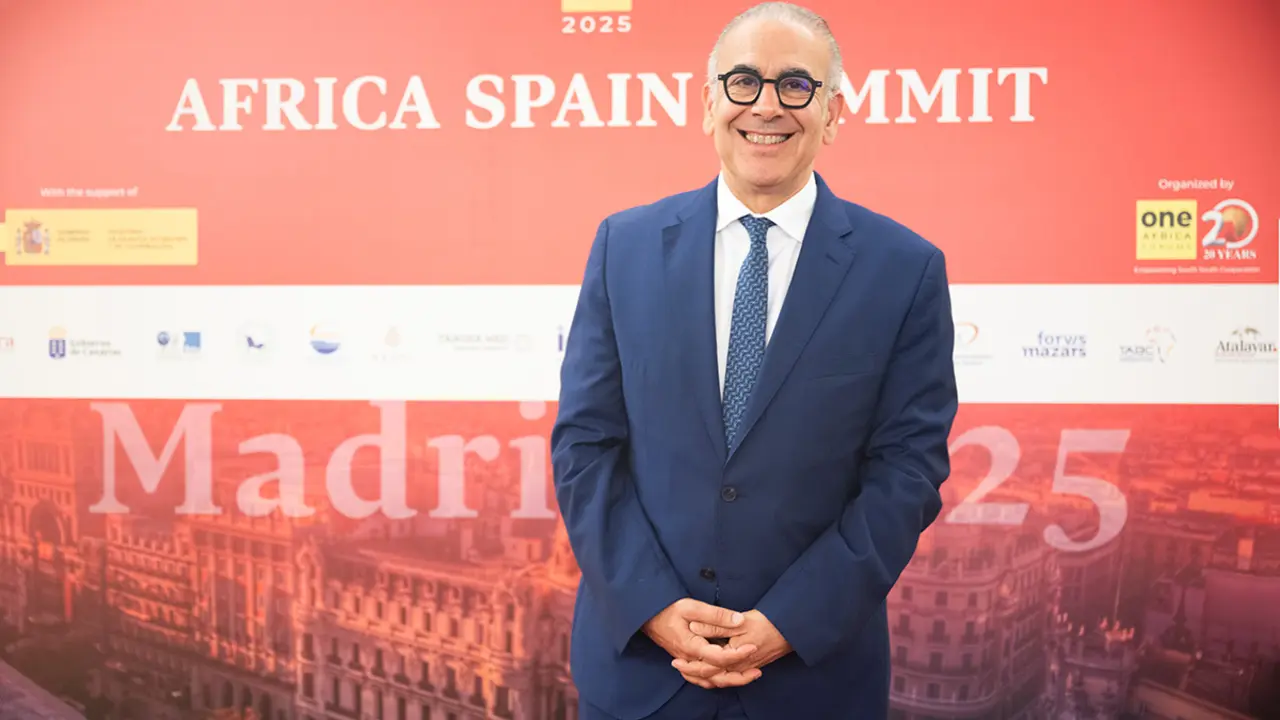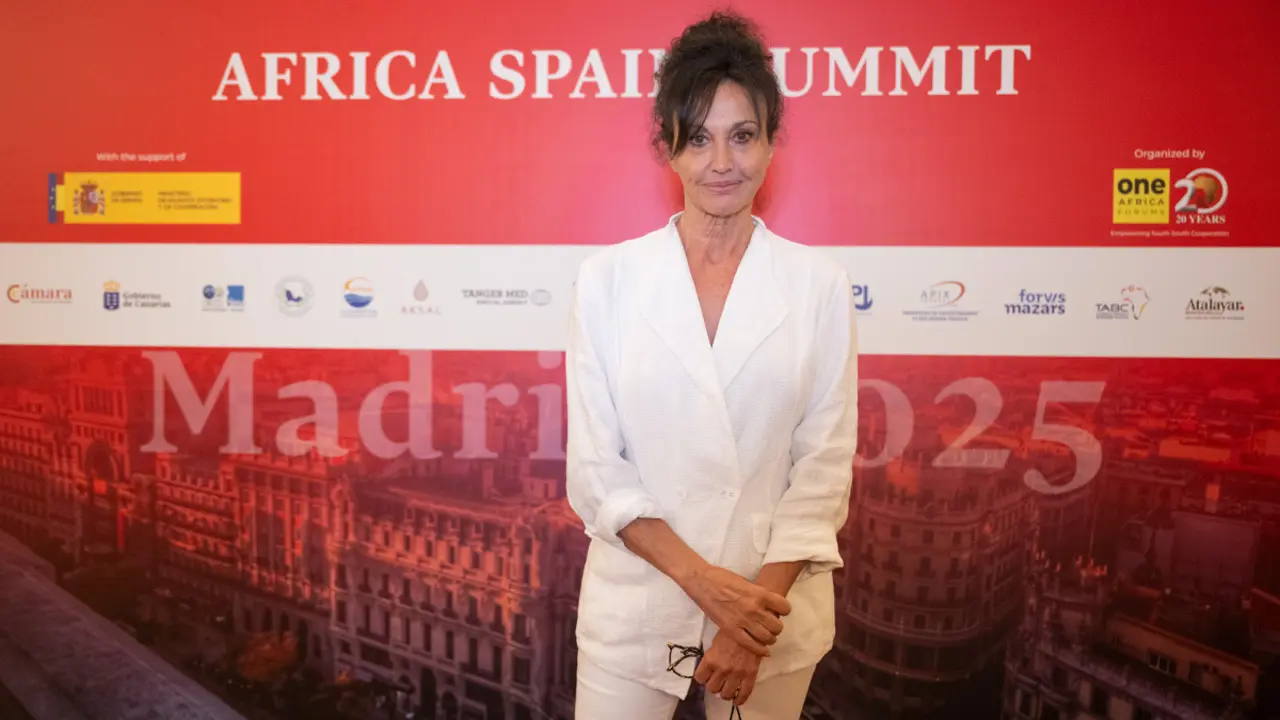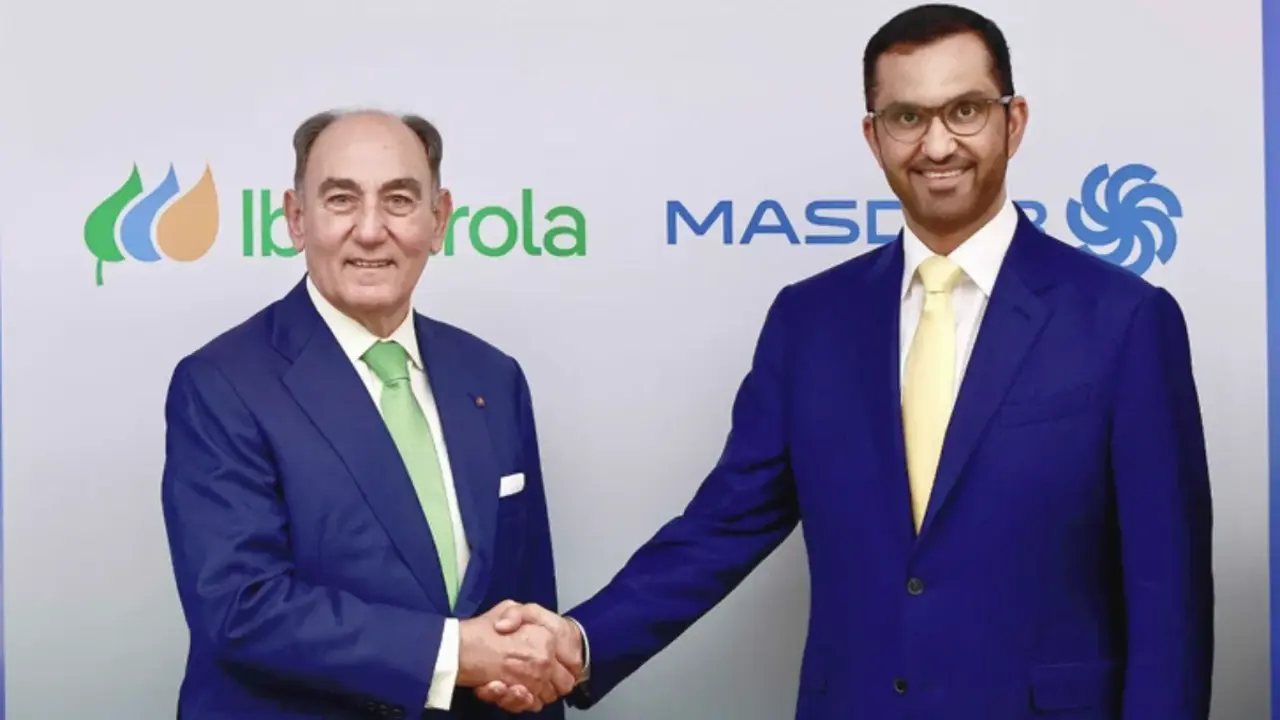Marruecos: país clave para Japón en África

Japan is the third largest economy in the world in terms of Gross Domestic Product and considers Morocco a strategic ally as a reference country on the African continent due to its current political position and economic development.
This is demonstrated by the fact that the North African country is the second largest destination for Japanese investments in Africa through the activity of 75 companies that employ up to 50,000 people in Morocco, a scenario that places the Alawi kingdom in a great position to attract more investments from the Asian country.
This close relationship between the two partners became clear after the last telematic contact between Nasser Bourita, Morocco's Minister of Foreign Affairs, and his Japanese counterpart Yoshimasa Hayashi, in which the latter indicated that more Japanese companies are interested in Morocco to subcontract their own production in various sectors.
One of Morocco's great attractions lies in its logistical capacity, with examples such as the port of Tangier Med, a major international benchmark in commercial traffic, and in its industry, especially in the automotive and components sectors, which is highly attractive to a country such as Japan, which has companies such as Sumimoto, Fujikura Automotive and Yazaki, which employ 30,000 people in the Moroccan market.

Japan also values Morocco as a way of gaining a stronger foothold in the African banking sector. The Japanese bank Mizhu Bank signed an agreement with Attijariwafa Bank, while the Moroccan bank BCP signed a pact with Sumitomo Mitsui Banking Corporation to work together in the African market. Moreover, in the field of agriculture, Morocco enjoys a trade surplus with Japan, which relies on Moroccan supplies for 20 per cent of its fertiliser imports, as reported by The North Africa Post.
In the conversation between the two countries' foreign ministers, Yoshimasa Hayashi described Morocco as a "key partner" and was quite in tune with his Moroccan counterpart.
This despite the fact that Rabat did not participate in the TICAD Japan-Africa Cooperation Forum in Tunis in protest at the reception given by Tunisian President Kais Saied to Brahim Ghali, leader of the Polisario Front, Morocco's great rival over the important issue of Western Sahara.

Morocco decided to recall its ambassador to Tunisia following this "hostile and damaging" act, and the Tunisian government subsequently decided to reciprocate with the same political move. Tunisia expressed its surprise at this problem and justified this invitation to Brahim Ghali as something that had already been done on other occasions, as reported by the Europa Press agency. But the Kingdom pointed out in an official statement that the "attempt to justify the hostile act" contains "many approximations and falsehoods". The Moroccan communiqué indicated that only countries that had received an invitation signed by the Japanese prime minister and the Tunisian president could participate in TICAD. "It is in this framework that 50 invitations were sent to African countries that have diplomatic relations with Japan. Therefore, Tunisia did not have the right to establish a unilateral invitation process," Morocco noted in the official note.
Although Rabat did not participate in the TICAD conference held on Tunisian soil, the relationship between Morocco and Japan remains excellent. In this regard, the Japanese foreign minister affirmed that his country's position of not recognising the Sahara as a separate country from Morocco "has not changed". Thus, Japan continues to show its respect for the territorial integrity of the Alawi kingdom.
The Japanese Minister underlined that Japan had not invited the Polisario Front to this summit and expressed his country's desire to continue to work with the Kingdom in the framework of TICAD.

For his part, Nasser Bourita stressed Japan's commitment to promoting a partnership forum with Africa to promote the development of the African continent, stability and the well-being of its peoples, recalling the need to strengthen the TICAD summit as a forum for partnership and development and praising "the firmness of the position shown by the Japanese delegation in Tunis".
Several experts see in Japan's position a more or less clear support for Morocco's proposal to solve the Western Sahara issue. Nofal Bouamri, a political analyst, explained to Al-Arab that "if there is a positive side to the current crisis between Tunisia and Morocco due to Tunisian President Kais Saied's reception of the Polisario Front leader, it is that Japan has reaffirmed its support for the autonomy and Moroccan character of the Sahara and considers the Kingdom a basic ally for penetrating Africa". Thus, Japan's assertion of Moroccan territorial integrity remains fixed and immovable.
In this context, Mohamed Lakreni, Professor of International Relations and International Law, confirmed that the latest contact between the Moroccan and Japanese foreign ministers endorses the economic collaboration and political harmony between the two countries, as reported by Al-Arab.
This is in line with Morocco's good diplomatic work. The Alawi kingdom has gained considerable international support for the Western Sahara issue, which is very important to the North African country. The Kingdom proposes a formula of broad autonomy for Western Sahara under Moroccan sovereignty, taking into account the UN resolutions, and this proposal has received the support of important countries, especially after Donald Trump's US administration in December 2020 recognised the Moroccan sovereignty of the Sahara in exchange for Morocco establishing diplomatic relations with Israel, following the famous Abraham Accords, signed in September 2020, under which Arab countries such as the Emirates and Bahrain established political ties with the Israeli state with the aim of socially and economically developing the Middle East and pacifying the region in the face of hostile common enemies such as the Islamic Republic of Iran. Other nations such as Germany and Spain followed suit and favoured Morocco's proposal as the most serious and credible for the Saharan territory.

Opposing this trend is the position of the Polisario Front, which calls for a referendum on independence for the Sahrawi population. This option has less support at the international level, including Algeria, Morocco's great political rival in the Maghreb, which broke off relations with the Alawi kingdom last August due to serious political differences, despite the outstretched hand that Morocco has extended to its Algerian neighbour on several occasions, such as the last one made by King Mohammed VI in his speech on the Feast of the Throne in 2022.


